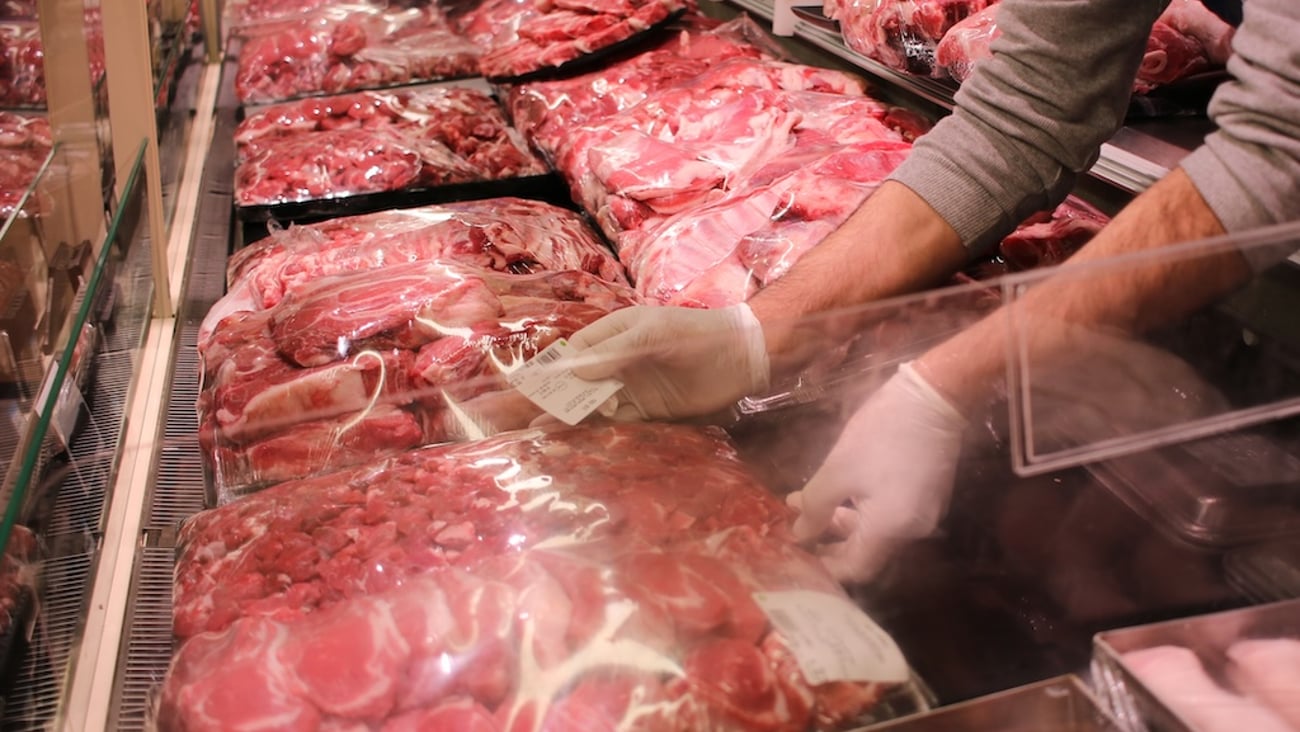Revenge of the food consumer
What was unthinkable a few years ago is now happening. In an unprecedented move, the United States Department of Agriculture has established a voluntary program to label food products with non-GMO content.
Non-GMOs already exist in the marketplace, but none have been sanctioned by the government. At the request of a global food company, whose name has not been disclosed, the USDA decided to act on growing pressure coming from interest groups and the public concerning this issue.
In addition, Chipotle Mexican Grill recently became the first fast food chain restaurant to voluntarily label menu items that contain GMOs. Whole Foods and Ben & Jerry’s have since followed suit. Countries such as Hungary are now introducing regulations to ban the cultivation of GMO crops. In a world focused on the utility of GMOs, these moves were a long time coming.
Through the development of GMOs, the biotechnology industry has provided better yields and increased efficiency to farmers; however, they have also underestimated consumer education in the process.
Public engagement with the seeds and traits industry, for example, was minimal at best. For decades, interest groups have capitalized on this significant information void, leveraged by consumer’s increasing appetite to know more about food systems in general. Interest groups have generated content with self-funded research, well organized rallies and marches supported by social media, and highly influential public relation campaigns.
This collective awakening about the nature of food has taken many by storm, including policymakers. The era in which the dumbing-down of food intelligence as the preferred method in risk communication is long gone.
In fairness, the public discourse on GMOs was rarely science-based, but this did not matter. Food is intertwined with culture, trends, tastes, traditions, emotions, and most importantly, relationships.
The vital foundation to any good relationships is trust, and many consumers do not trust leading global seed companies. It is not because of the science of GMOs, but rather due to a lack of understanding about the technology itself and its associated risks. The industry’s weak approach to consumers has completely polarized the debate on the issue, making any public education campaign unlikely to succeed.
GMO labelling was never about risk communication, food safety or public health; it was primarily about transparency. Some consumers do want GE-ingredient free food products, but the majority expect to know what they are buying either way. With Trans fats, sodium, sugar and many other additives, the food industry have incorporated ingredients into food without consumer’s moral consent.
As a result, consumer skepticism has only grown over the past few decades, and the food industry has taken notice, which is why it’s now making its move. It is only a matter of time before this effort spills into Canada.
The introduction of labels are a positive addition to the conversation. They give the biotechnology industry to state its GMO case to the CEO’s of our food supply chain, the consumer.
For example, the non-browning apple Arctic, a genetically engineered product, will hit stores next year. It will be interesting to see how consumers react to a very proximate, physical GMO they can bring home. Consumers have the opportunity to make the food industry they deserve, and labels give them an opportunity to make informed decisions. At the moment, many consumers feel powerless.
Labelling policies are potent tools which will likely demystify the scientific process behind genetically modified crops.
Food corporations have built empires through a study of the economics of agriculture and food. What is now more influential than ever, however, is the politics of food. For some time, many corporations settled for a more or less apolitical position.
Presently, corporations have come to realize that they can be strong advocates for farmers, consumers and their communities, and still be profitable. We still don’t know which mega-corporation requested the USDA to opt for a non-GMO labelling program. But one thing we can be sure of is that this undisclosed company clearly appreciates how potentially transformative food politics can be.




